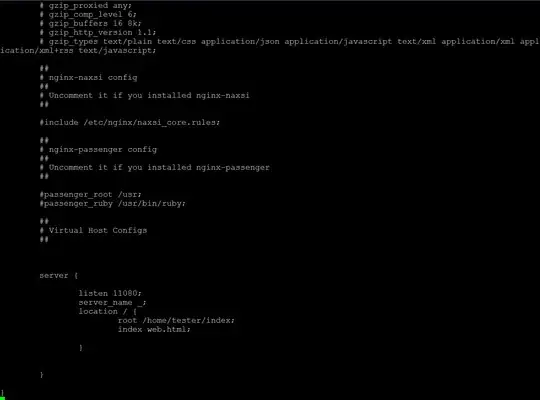We are running nginx on a debian system as our loadbalancer
nginx version: nginx/1.9.10
built with OpenSSL 1.0.2e 3 Dec 2015 (running with OpenSSL 1.0.2g 1 Mar 2016)
We had http2 activated in our server like this:
server {
listen 443 ssl http2;
....
}
All requests are proxied to our application server. We are logging the request_time and upstream_time from nginx.
We switched recently our iOS hybrid app from UIWebView to WKWebView in Week 13, see what happened:
The upstream_time stayed the same but our request time suddenly raised as more and more users updated their app to the new version.
Today we decided to give it a try and deactivate http2. We only removed the word "http2" from our server config:
server {
listen 443 ssl;
....
}
See what happened:
It seems http2 is not production ready. I don't know if it is server side or client side. Maybe even the request_time is not properly logged inside nginx.
Does anybody has more info about using http2 with nginx and/or WKWebView?

